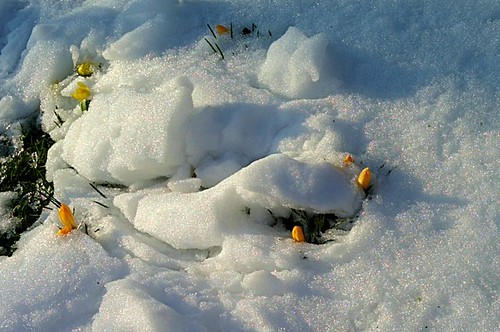Uncomfortable questions from David Pogue following on from the NYT’s big story on conditions in Chinese electronics factories.
It’s safe to say that most electronics sold in the United States are made in these Chinese factories.
So yes, we should pressure Apple to continue putting pressure on Foxconn. But at the same time, we seem to be ignoring a much bigger and more important question: How much do we care?
That Chinese workers are paid less than American workers is no big shock. We’ve known that forever. That’s why everybody outsources to China in the first place. There’s a long list of Chinese manufacturing costs that are lower than American manufacturing costs: hourly employee rates, worker benefits, taxes, the cost of power, buildings and equipment, and more.
Bringing workplace standards and pay in Chinese factories up to American levels would, of course, raise the price of our electronics. How much is hard to say, but a financial analyst for an outsourcing company figures a $200 iPhone might cost $350 if it were built here.
Do we care enough about Chinese factory conditions to pay nearly twice as much for our phones, tablets, cameras, TVs, computers, GPS units, camcorders, music players, DVD players, DVRs, networking gear and stereo equipment?
Good piece, and those of us who cheerfully live inside the Apple ecosystem are all a bit compromised. But there is one aspect of the question that Pogue omits, namely the extraordinarily high margins that Apple squeezes from its products.


